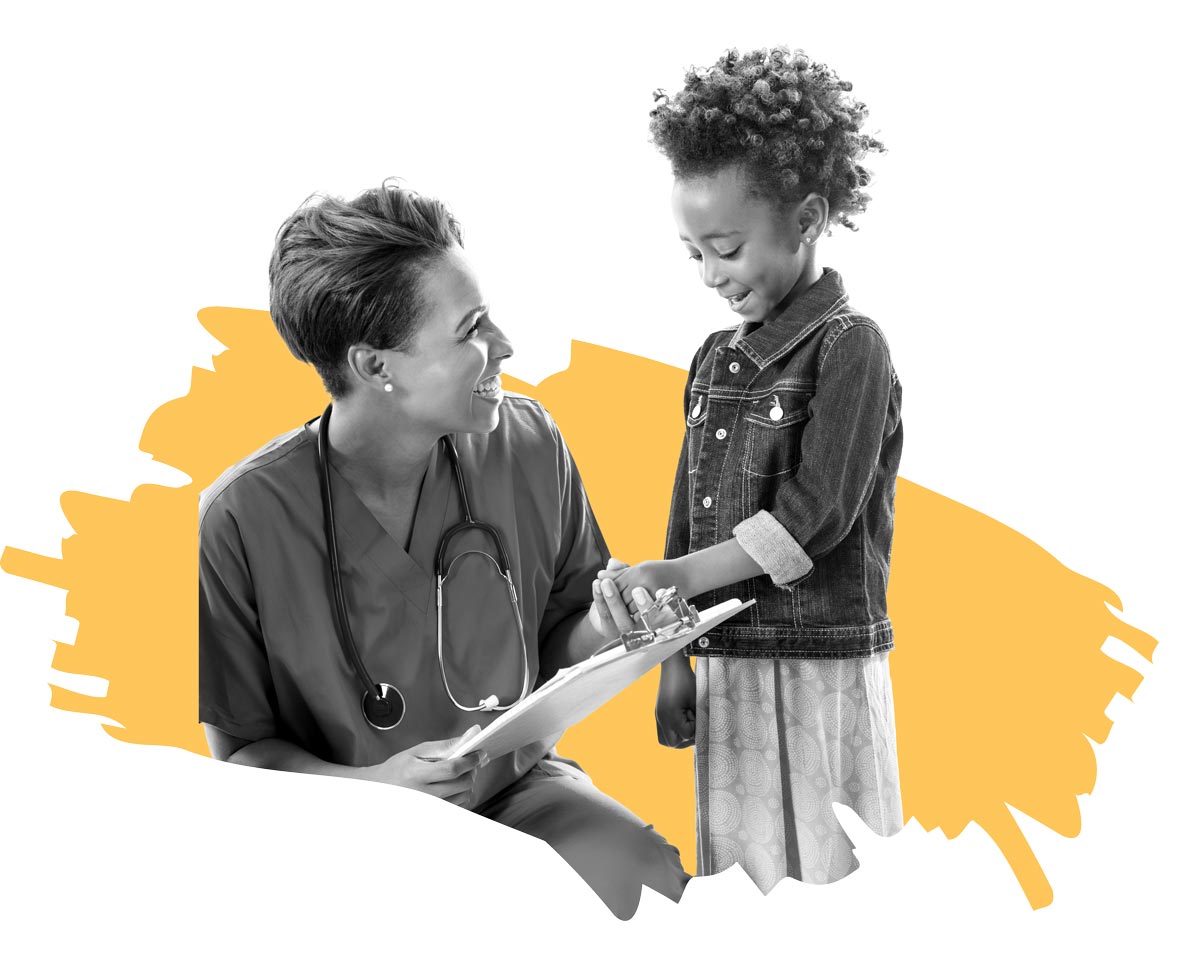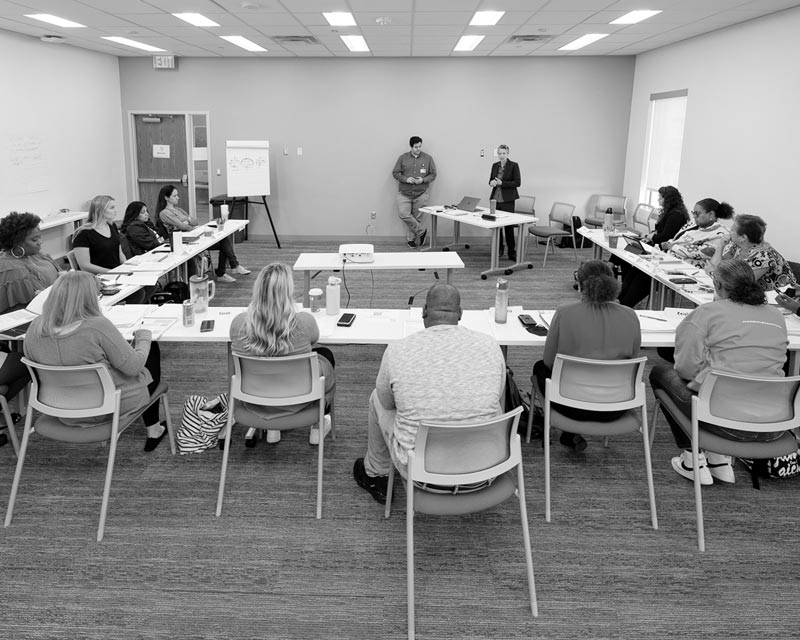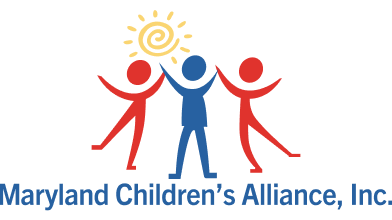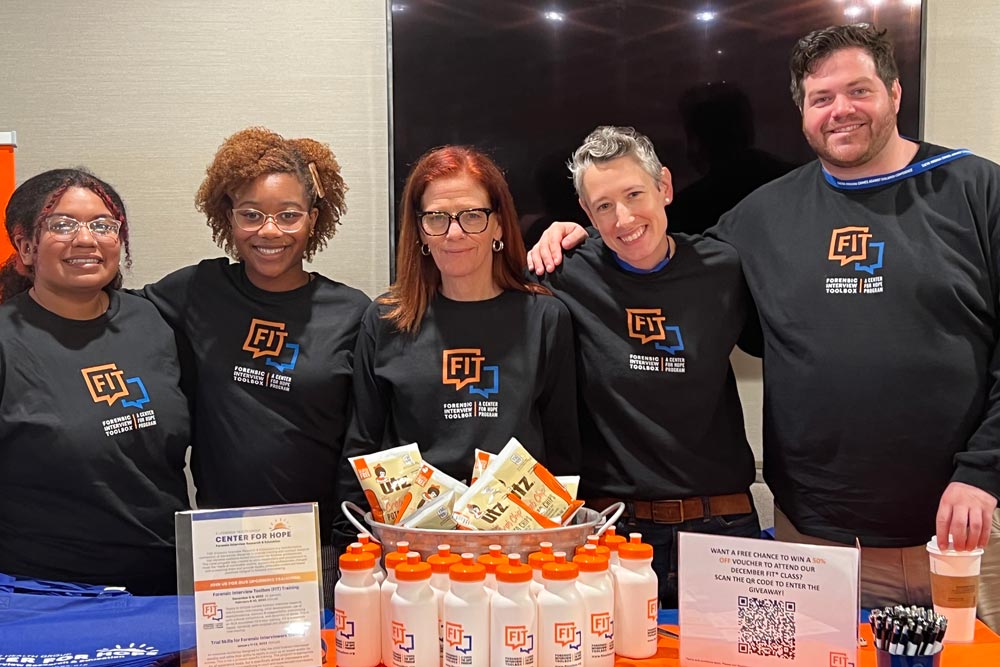Forensic
Interview
Research and
Education
Giving those impacted by trauma a voice through uniting forensic interview research and practice
What is FIRE?
The Forensic Interview Research and Education (FIRE) Program allows all individuals impacted by trauma a voice and opportunity to be heard in forensic contexts. We accomplish this by educating professionals, supporting effective legal processes, and uniting research and practice to promote evidenced based techniques in forensic interviews.
Who Can Benefit From FIRE?
FIRE was founded to support communities of practice who conduct and utilize interviews with alleged victims for a range of legal and forensic contexts (both criminal and civil) including but not limited to disciplines in an investigatory role such as Multi-Disciplinary Team (MDT) members in law enforcement, legal, medical, education, adult and child protection.
FIRE was created to meet the increased interest in and need for tools and resources that meet the needs of child and vulnerable adult victims, support the professionals charged with protecting them, and provide legally defensible evidenced based practices integral to forensic interviewing.

Get Involved!
Learn about our many nationally recognized trainings, or how you can become part of our FIRE team.
Our Team
Background
Center for Hope’s Forensic Interview (FI) team is one of the first established, and highly effective teams in the nation. Over the last decade, the FI team has expanded forensic interviewing to not only assist victims of child sexual abuse, but also vulnerable adult and child victims of physical abuse, sexual assault, sex trafficking, community violence and witnesses to domestic violence and homicide. As the Center for Hope has evolved, the Forensic Interview team’s skill and expertise has grown along with its needs for increased training and exposure to research.
Research to Practice
The field of research around child abuse and forensic interviewing has expanded, and as a result the forensic interview team recognized the need for changes to their existing forensic interview model. In 2019 they applied their experiences and research knowledge to the creation of a new formalized tool, the Forensic Interview Toolbox (FIT). FIT is team-taught by experienced practitioners, researchers, and attorneys. This model has been recognized by the National Children’s Alliance (NCA) as one of its approved forensic interview protocols required by accredited Children’s Advocacy Centers (CAC) nationwide.
Continued Innovation
In 2020, with an expanded vision for research to practice connection, the Forensic Interview Research and Education (FIRE) program was formalized. This novel program merges the expertise of forensic interview practitioners and researchers. A transformative connection of disciplines, FIRE is designed to provide training and conduct research that elevates evidence-based innovation for forensic professionals and promotes justice for victims of trauma.

The forensic interview team was incredibly knowledgeable, engaging, and experienced. I highly recommend this course to any forensic interviewers – from those with no experience to those with years of experience.
-Lauren Krasko
Lead Forensic Interviewer
Talbot County CAC (Maryland)
By the Numbers
Number of FIT Graduates
Number of FIRE program graduates
Number of tele-forensic interview training participants
Number of Maryland and out of jurisdiction counties trained
FAQs
Why train with us?
We have the unique opportunity to provide training on the most pressing topics in the field of forensic interviewing. We team-teach our classes utilizing expert interviewers, researchers and legal professionals. FIRE conducts innovative research on-site where we learn about children’s experiences in the interview. What children tell us through research, we disseminate to you. Our research directly impacts how and what we teach. We are part of the larger Center for Hope, LifeBridge Health system which supports our expertise in violence prevention and intervention across the lifespan.
How far in advance do I need to register for a course?
We recommend you register for courses 3-6 months in advance, but the registration link will remain open until two weeks prior to the start of class or until the class is full. Waitlisting is available; however, a spot is not guaranteed.
Which course is best for me?
FIT training is intended for people who may conduct forensic interviews, are part of a multidisciplinary team, or work closely with children/teens/vulnerable adults in a legal setting.
Trial skills is for forensic interviewers or those who may be subpoenaed to give expert testimony regarding forensic interviews or disclosures.
Mock trial day is geared towards forensic interviewers who have some experience testifying or have taken our 3-day Trial Skills class.
FIT peer review is intended for past FIT graduates.
Global peer review is non-protocol specific and for those who have trained in at least one nationally approved FI protocol.
Intro to FIT is for those who take an interest in FIT training and would like a more in-depth explanation of the training.
FIT 101 is recommended for professionals who conduct interviews with children outside of the formal forensic interview.
Leaders for Social Good is intended for leaders from the public and private sectors with a focus on violence prevention and intervention.
When can I expect a confirmation email?
Confirmation emails will be sent within a week of registering for courses. Welcome emails, which will have additional information, will be sent a week before the start of class.
How do hybrid classes work?
Hybrid classes will feature an in-person and virtual option for the training. It is preferred that those with the ability to come in-person select this option, as the virtual option may be non-negotiable for participants outside of our jurisdiction. Class method (in-person, virtual, hybrid) will be clearly outlined in the class description. More information about the hybrid training model will be sent in the welcome email.
What is the attendance/participation policy?
To obtain full credit, participants must attend and engage throughout the duration of the training. If using a virtual platform, participants need a stable Wi-Fi connection and cameras must be on for the duration of the training, unless otherwise stated.
Do you offer certificates upon completion of the training?
Yes, we offer certificates and social work CEUs upon the completion of most of our courses offered.
Who are FIRE’s research partners what do they do?
Dr. Nicole Lytle and Jason Dickinson have established a collaborative relationship with the aim of learning how to better serve children and families. They recognize the ways in which practitioners and researchers can work and learn together lead to better outcomes for practice, training, and research.
How much does it cost to attend FIT training?
Tuition rates are as follows:
Early bird (in-state) – $800
Early bird (out-of-state) – $1,000
Regular cost (in-state) – $850
Regular cost (out-of-state) – $1,050
What about payment, substitutions, and cancellations?
Invoices will be sent to the point-of-contact or supervisor listed in the registration form and will include a link to pay via credit card. Additionally, payment due dates will be on the invoice.
Cancellation & Substitution policy:
Written cancellations received at least 30 days prior to the beginning of the training are refunded, less a $100 administrative fee. In most cases, registration is transferable to another qualified applicant within the same organization. No refunds will be given if cancellation is received within 30 days of the training session or if the registrant is a ‘no show’ and fails to show up for the training.
Can you facilitate a course at my location?
Please email [email protected] for information about courses at your location.
Who can apply for an internship?
The research internship is open to undergraduate students focused in social work, psychology, sociology, and criminology/criminal justice. Graduate students are welcome on a case-by-case basis.





